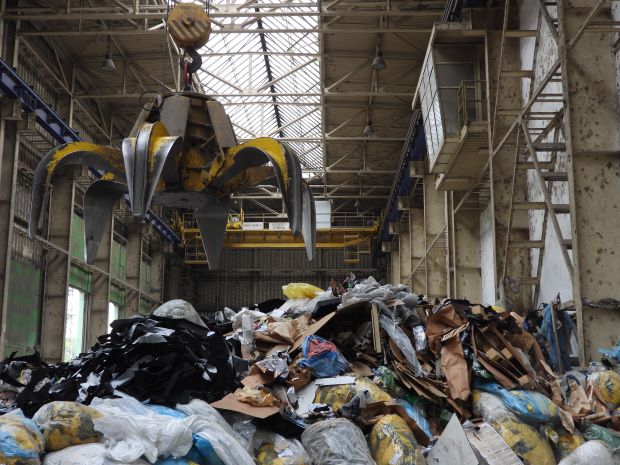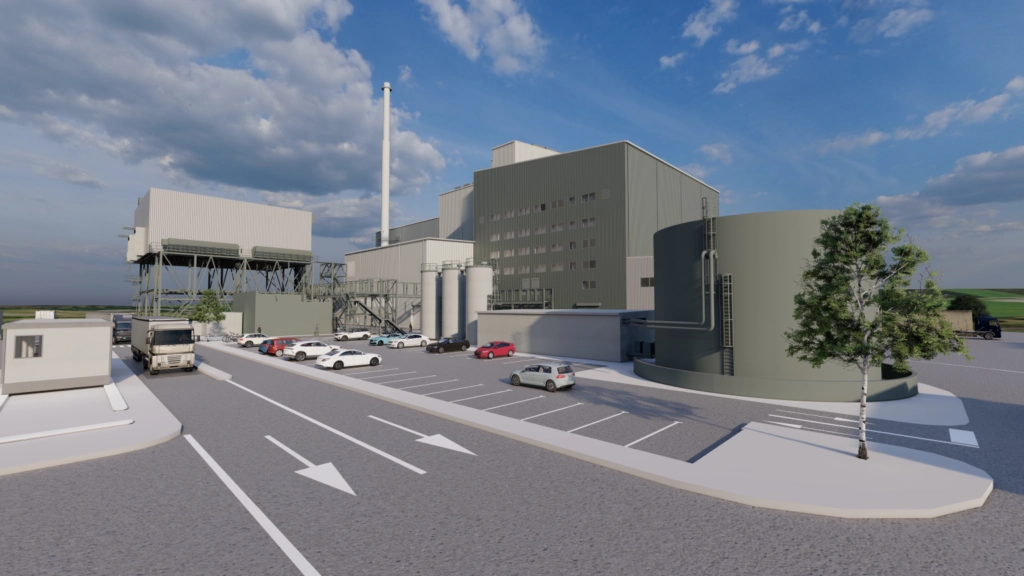The report was conducted in partnership with WPI Economics, an economics, data insight and public policy consultancy.
It focuses on some of the key areas that councils have “significant influence” over when it comes to reducing carbon emissions, such as waste management.
It also provides an analysis on how investment, policy clarity and data can enable councils to “go further and faster” to achieve net zero.
The report noted councils’ “significant influence” in delivering low carbon infrastructure relating to waste, such as the diversion of waste to landfill and investment in energy from waste plants (EfW).
“Tackling climate change is one of the world’s biggest challenges.” – Cllr David Renard, chair of the LGA’s economy, environment, housing and transport board
In the foreword of the report, Councillor David Renard, chair of the LGA’s economy, environment, housing and transport board, said: “Tackling climate change is one of the world’s biggest challenges. The next decade will be critical for protecting our environment, enhancing biodiversity, and ensuring that we create sustainable, resilient places and communities in all parts of the planet.
“Councils want to work as partners with government to tackle climate change. They are integral to transitioning our places and empowering our communities and businesses to a net zero future and are well-placed to deliver transformative local action.
Case studies
In its analysis, the report gave examples of good waste management practices already adopted by a range of councils.
It notes Essex county council’s plan to launch a network of community-based reuse and repair hubs by 2024 to “reduce wasteful consumption”.
It is part of the council’s plan to work with the Essex Waste Partnership to “fully engage producers, industry and research bodies” to support a circular economy.
Another example listed was work undertaken by London-based recycling board ReLondon. The report highlighted its Advance London programme, which works to support SMEs with a circular economy business model, or assist those that want to transition to one.
Recommendations
The LGA also sets out recommendations for how central government can work with local authorities to further reduce or remove barriers to delivering low carbon infrastructure.
It recommends that funding from the government be “long term” in order to provide certainty for councils. It notes that this will allow councils to invest in specialist staff, and building capability in key environmental departments such as, waste.
Accessible funding would also help local authorities “of all sizes” be able to access funds for low carbon infrastructure, the report added.
Funding should be also be flexible, the LGA urges, as when funding is “fragmented” into multiple schemes for specific purposes, it makes it harder for local authorities to “align multiple objectives”.









Subscribe for free